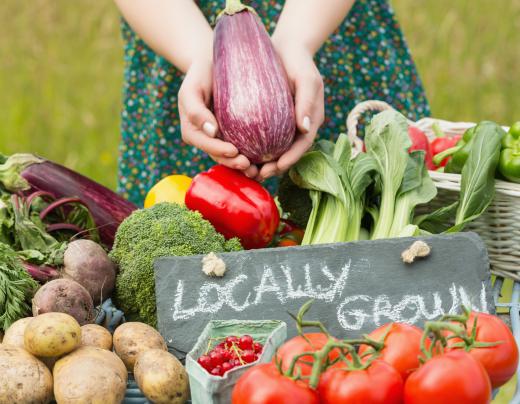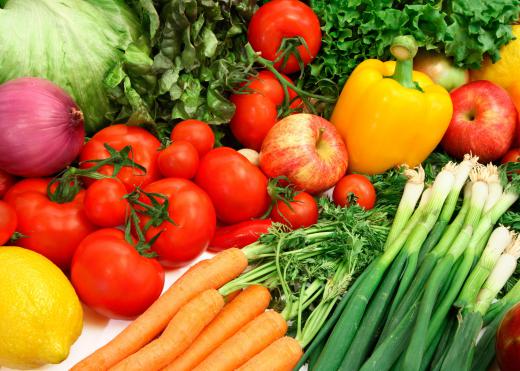In general terms, a cooperative is a group of individuals who have come together to pool resources for a specific purpose. An agricultural cooperative, or farmers' co-op, does what all other cooperatives do, but it does so in a way that is specific to farmers. This may include pooling resources to buy seed, sell grain, store grain, or even help with marketing efforts. Often, an agricultural cooperative is involved in all of these matters.
To understand the usefulness of an agricultural cooperative, consider grain elevators. These are often used for storing or drying grain, but most small farmers do not have the resources or time to purchase and build one of these structures on their own. Therefore, they belong to an agricultural cooperative. The money they put in with their membership, which is used to build an elevator and store the grain for all the members.

When it comes time to buy seed, farmers may also use a local agricultural cooperative. In this case, the cooperative serves as a discount retailer. It buys seed in bulk, and then sells that seed to farmers as needed. The cooperative is a non-profit organization, and therefore does not need to charge any more than what the seed costs, along with a small up charge for administrative duties and facility upkeep.

When it comes time to sell the product the seed produces, agricultural cooperatives can also be a big benefit. The site may serve as the central location for farmers delivering their grains and beans. Once at the agricultural cooperative's location, the organization will then distribute the grain and beans based on contracts that have already been bought on the commodities market. Distribution may be done by truck, rail, or barge, depending on the location.

While these essential farming services are important, agricultural cooperatives often do even more for the membership. For example, some cooperatives offer gasoline and diesel fuel where farmers can go to not only fill up their farm machinery, but also their personal vehicles. Due to the fact that the cooperative is a non-profit organization, it may at times offer better deals than farmers could find at a traditional gas station.

Marketing may be done by an agricultural cooperative as well. Members are allowed to sell through a cooperatively owned brand name, and thus gain greater product recognition. While most such efforts are local, on occasion, such efforts are so successful that they result in product brands that receive national recognition, and which many consumers mistakenly assume are owned by major corporations.
